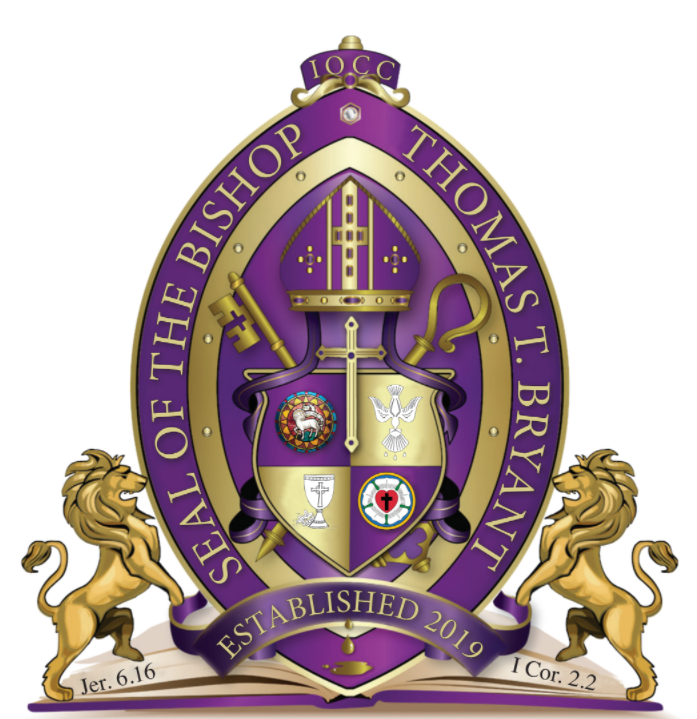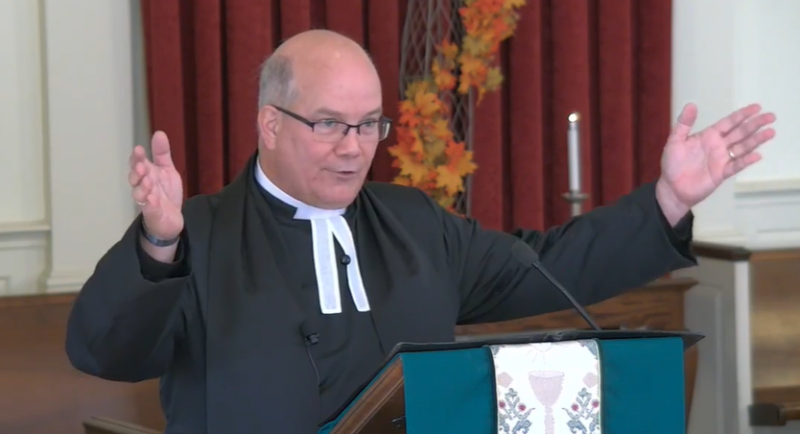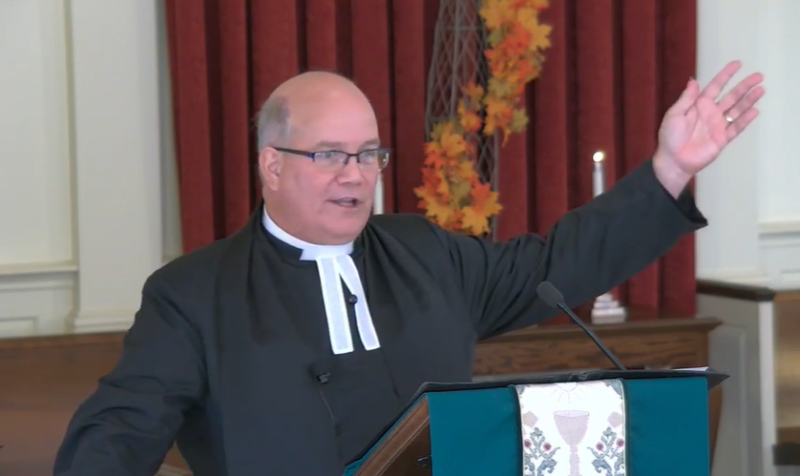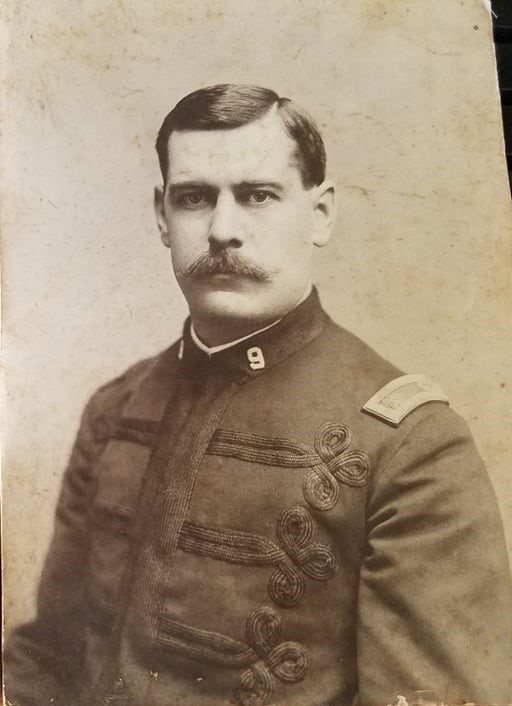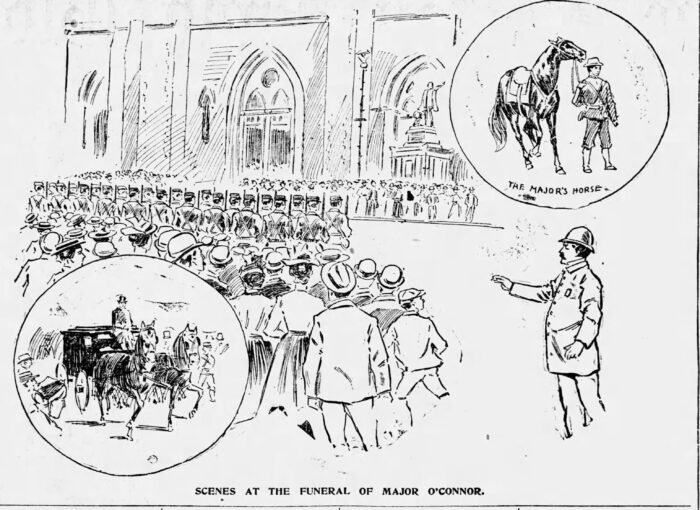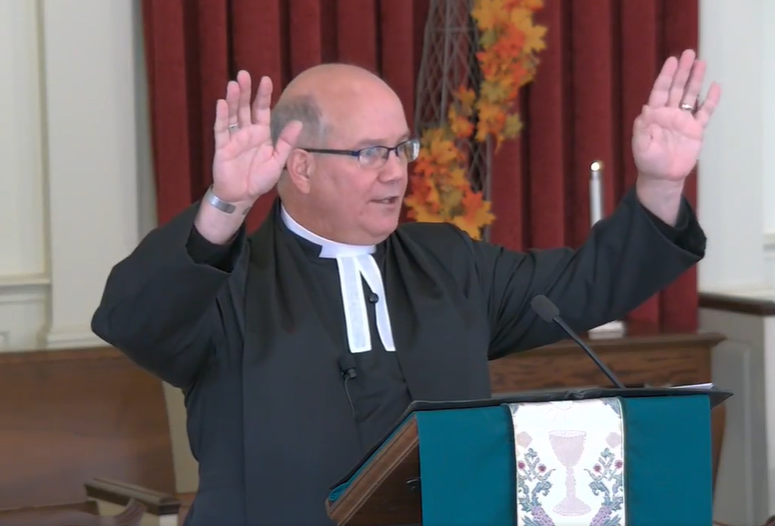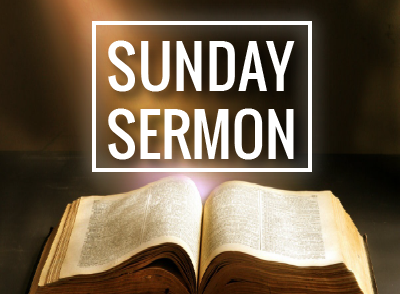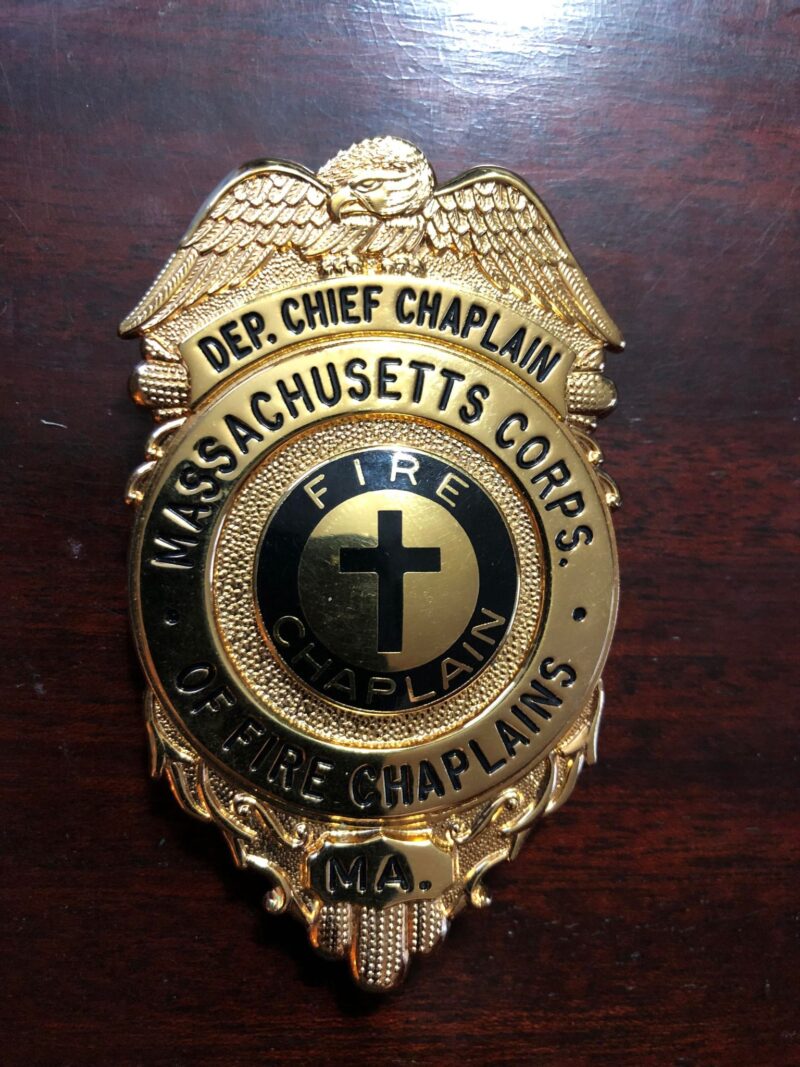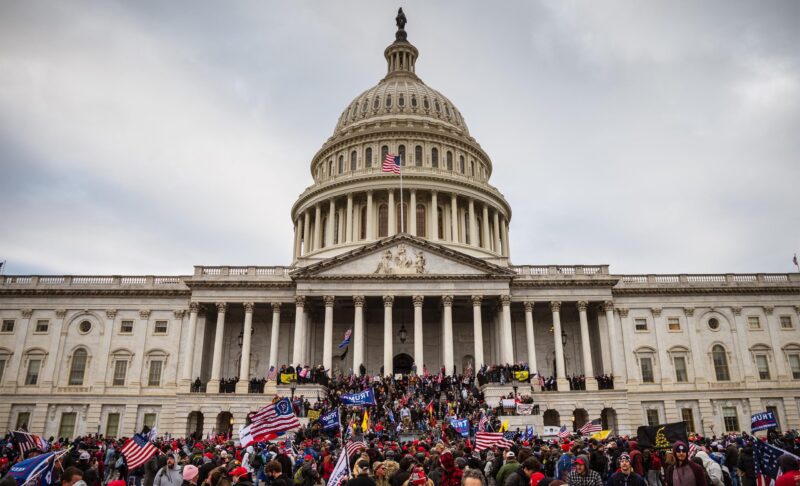Luke 9:28-36
It is at times like these that standing here becomes very difficult. As I am sure many preachers will do today, I could ignore what is going on in the world and focus on the Gospel. But I feel that not addressing current events, especially events such as war, is, in a way, cowardice. As a preacher, as a leader of a faith community, I have an obligation to help you make sense of what is going on in the world, especially when it seems that it makes no sense.
On Thursday morning, we woke to the news of Russian troops rolling across the border into Ukraine. While we were preparing for another snowstorm, the people of Kyiv and other Ukrainian cities were preparing for tanks, missiles, and troops fighting in their streets. One newscaster said about the invasion that it is the largest land battle on the European Continent since World War II.
Make no mistake about it; these actions of the Russian President go against all the treaties he signed and are an unprovoked and despicable act of evil perpetrated by a dictator. Vladimir Putin is nothing more than a bully seeking to flex his muscles against a weaker country. Or so he thought.
And to those of you siding with evil and cheering on the Russians, you participate in this evil and the killing that has taken place by your words and your actions. America is deploying soldiers, sailors, marines, and airmen to Europe; this is not a time to be siding with those we may be at war with. You cannot claim to support the military while cheering on those with whom we may be at war.
War is failure. As Christians, we should look upon war as repugnant as it stands in direct opposition to the Gospel of Jesus Christ. But, at the same time we are called to pray for those prosecuting this war that they follow the rules of war and protect civilians.
As I wrote in my weekly email, the world’s religious leaders have asked us to make this day a special day of prayer, and Pope Francis has asked all of us to make Ash Wednesday a special day of prayer and fasting. So, I am asking all of you, here and online, to gather your prayers together today and every day until this war comes to an end.
But what can prayer do? Can prayer stop bombs and tanks? Again, we have today’s Gospel as our guide.
On the top of the Mountain of the Transfiguration, Peter, James, and John see Jesus as he really is.
This is what happens when we pray. If you are at a loss for words, we have the words that Jesus gave us. In that prayer, we say, “Your kingdom come; your will be done.”
We are not praying for the kingdoms of tyrants and despots. We are not even praying for our own will, but rather that we will see the will of God in Jesus Christ.
To pray is to see things how they really are and how they can be if we align our will to God’s will for us and the world. If, as Paul says to the church in Corinth, “We do not lose heart”… (2 Cor. 4.1), and “with our unveiled faces see the glory of the Lord as if reflected in a mirror, and are ourselves transformed.” (2 Cor. 3.18)
Prayer matters. Prayer is important. Prayer is all of these things because prayer changes things beginning with ourselves and gives us the strength we need.
One of the more encouraging things I have seen these past days is the number of people gathered to pray. In Ukraine, people gather in churches and synagogues, subway tunnels, and apartments to pray for change and strength.
It may seem that this war is being waged half a world away, but it will affect us. The United States has deployed and will continue to deploy the military to Europe to defend our NATO allies. In his speech to the nation on Thursday afternoon, President Biden warned us that sanctions would not only harm Russia and make it difficult for them to continue this war, but sanctions also have the potential of making things difficult for us here at home. I am sure we will see a difference, perhaps gas prices will rise, and some things will be harder to find, but I am willing to pay a little more at the pump if it means the people of Ukraine will be free and safe. My minor inconvenience at the pump or other places is nothing compared to people who must live in subway tunnels to avoid bombs dropping on their homes.
And this is where prayer will help us because prayer will help us see what is right and give us the resolve to do it. It is time to stop thinking of ourselves and think of others. It is time we stop turning a blind eye to what is going on in the world and start to have concern for our brothers and sisters around the globe. Yes, we live in a global community, and we need to help each other.
Prayer transforms, beginning with ourselves. We are about to enter the season of Lent. This is the time of year set apart by the church that calls us to deepen our prayer lives and focus on repentance. There is the ancient tradition of giving something up as a token of sacrifice during this time of the year. Perhaps you grew up not eating meat on Fridays or giving up ice cream. We did this because fasting is an integral part of our spiritual life.
But what we give up should make a difference in ourselves. So why not fast from harmful and hurting words and replace them with kind words. Fast from anger and fill our lives with patience. Fast from worries and place our hope in God. Fast from complaints and focus on simplicity. Fast from bitterness and fill your heart with joy.
Mahatma Gandhi said, “be the change you want to see in the world” Want more peace, be peaceful. Want more love, be love. Want more kindness, be kind. Want more generosity, be generous. We may not influence events on the other side of the world, but we do influence what takes place in our own lives. If each of us adopted a spirit of peace, that spirit would emanate from us to others; change begins right here, in our hearts.
I have lit this single candle as a reminder of our obligation to pray for peace. This single candle will be lit at each service we have until this time of war is ended. Let us hope it ends soon.
In a speech in the House of Lord’s this past week, Stephen Cottrell, the Archbishop of York said, “Peace is a choice. It is a decision that we need to make each day about the way we live and about our responsibilities to and with our neighbor, be that in our family, in our local community, or between the nations of the world.”
As I close with this prayer, I also wish to remind you that we need to pray for the Russian people, the ones who will feel the harshness of the decisions their leaders have made.
Let us pray:
O God, the refuge and strength of all,
You hold the people of Ukraine in the palm of your hand.
The name of each person there,
Is written on your heart.
In the darkness of invasion
And in the mire of political machinations,
Spread we pray, the light of hope and of justice
And of peace.
Encourage those who are frightened,
To find strength in you
And in those around them -Near and far.
Help the worldwide family of nations
To respond in love
With outstretched hearts,
Open minds,
And with too, the wisdom needed
to effect a peace that lasts.
Save us we pray,
From not caring enough.
For your Son’s sake. Amen.


